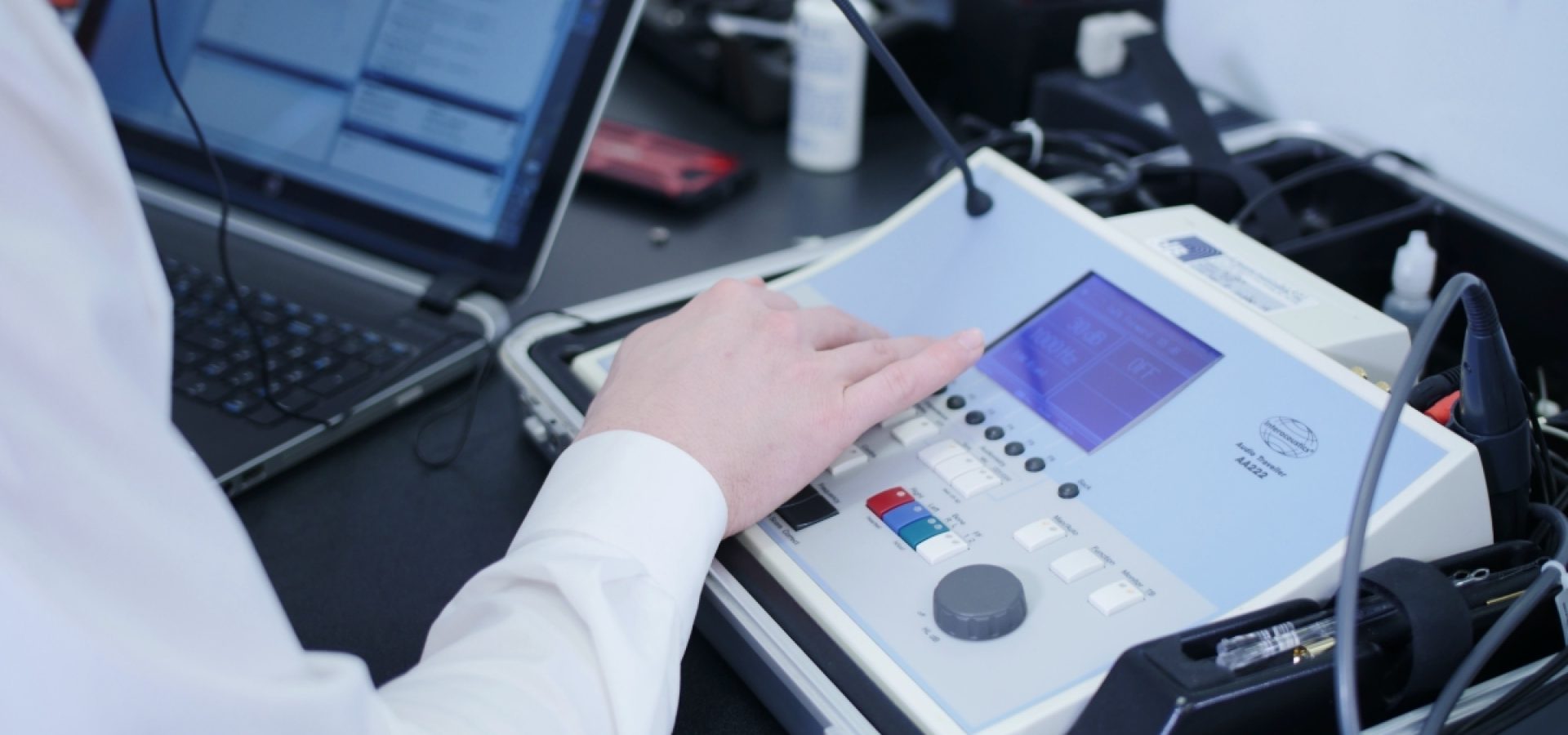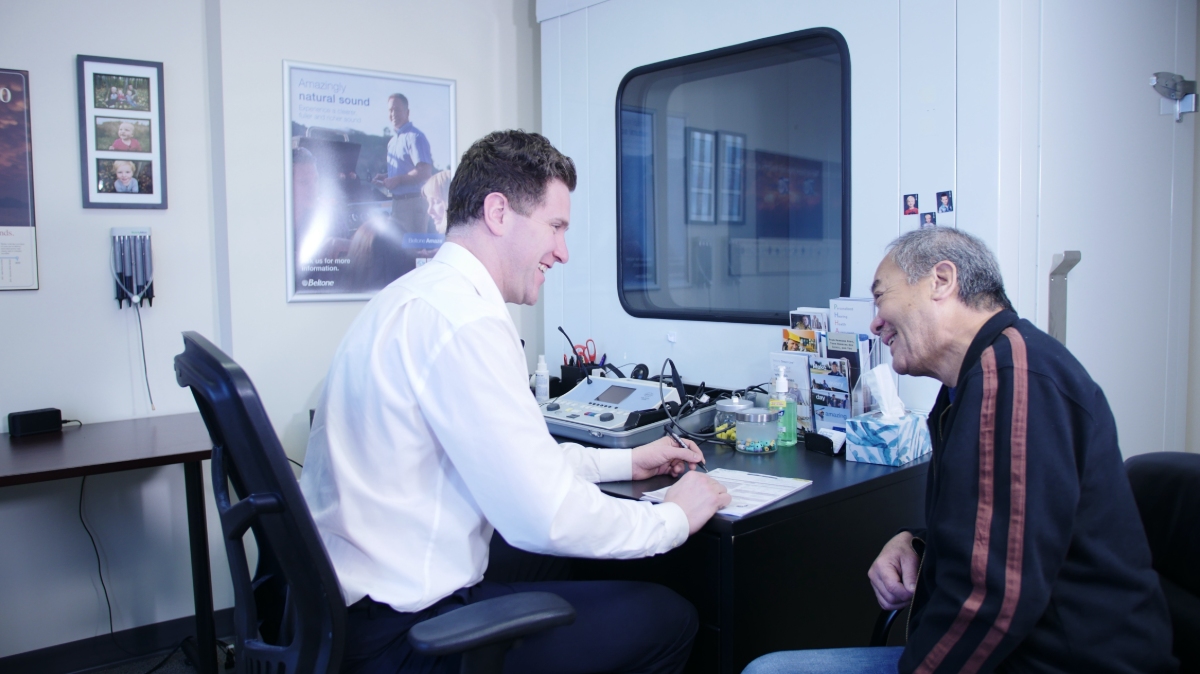Menu

Having a decline in your sense of hearing or a sudden hearing loss can be disconcerting. Not only will this affect your communication and interaction with people, but it will impact the quality of your life significantly. While a hearing decline is common among older people, young ones can also be confronted with this problem due to a handful of factors, such as ear infection and certain health conditions. When this occurs, the logical course of action is to visit a hearing clinic, whether in Langley or Abbotsford.
You will undergo an initial hearing evaluation and a handful of hearing tests. While you’re at it, there are a few things you should consider and ask your hearing professional. For your guide and reference, here are some of these:
1. Hearing loss types
It’s vital to know what type of hearing loss you have, as this will determine the type of treatment you need. Below are the three types of hearing loss:
- Conductive hearing loss: This happens when the sound doesn’t travel through the outer ear canal to the eardrum due to a blockage. This blockage can be caused by an ear infection, allergies, ear wax, or a benign tumour.
- Sensorineural hearing loss: This happens due to damage in the inner ear or the nerve pathways from the inner ear to the brain. It is considered permanent that neither surgical nor drug intervention can restore your hearing.
- Mixed hearing loss: This is a combination of both sensorineural and conductive hearing loss.
2. Hearing examination
To know what type of hearing loss you have and what treatment to consider, you have to get an initial hearing evaluation. For the most part, this hearing examination consists of the following:
- Regular conversation – to check your health history
- Physical examination – to examine both your inner and outer ears
- A series of hearing tests – to determine your level of hearing and speech comprehension
After the hearing tests, make sure to ask for a copy of your hearing results. You need this for further checkups and making a claim on your health insurance.
3. The use of hearing aids
A hearing aid is a device meant to improve hearing by making sound audible to a person with hearing loss. When visiting a hearing aid clinic, your hearing professional will most likely recommend a certain model that’s suited for your condition. Here’s what you need to know:
- Hearing aid type: There is a wide range of hearing aids available in the market. First, you can opt for a device that’s invisible to your colleagues. Second, you can go for a hearing aid that has connectivity with your smart devices. Finally, you can choose a device with a super-fast recharge time and extended life of batteries. Make sure to discuss with your hearing professional to see what is best for you.
- Duration: For the most part, hearing aids are expected to last for about five to seven years. It’s best to invest in a high-quality product from a highly reputable manufacturer, so you can make the most of your hearing aid. Be sure that it’s backed up by a serious warranty.
Conclusion
Hearing loss or decline can be debilitating. It can be a bit frustrating to deal with a hearing loss and take time to adapt to your hearing aid. Consider the valuable information discussed above to get you off on the right foot.
Ultimately, your hearing professional will help you rise above the situation—from the initial evaluation to the right fitting of your hearing aid down to helping you get the hang of using it.
As a hearing aid clinic, we deliver comfort and ease into every style of hearing aid. If you have a hearing problem, get in touch with us today or visit our hearing clinic in Langley and Abbotsford.
Share Post
Facebook
Twitter
LinkedIn
Email
Reddit
Pinterest

